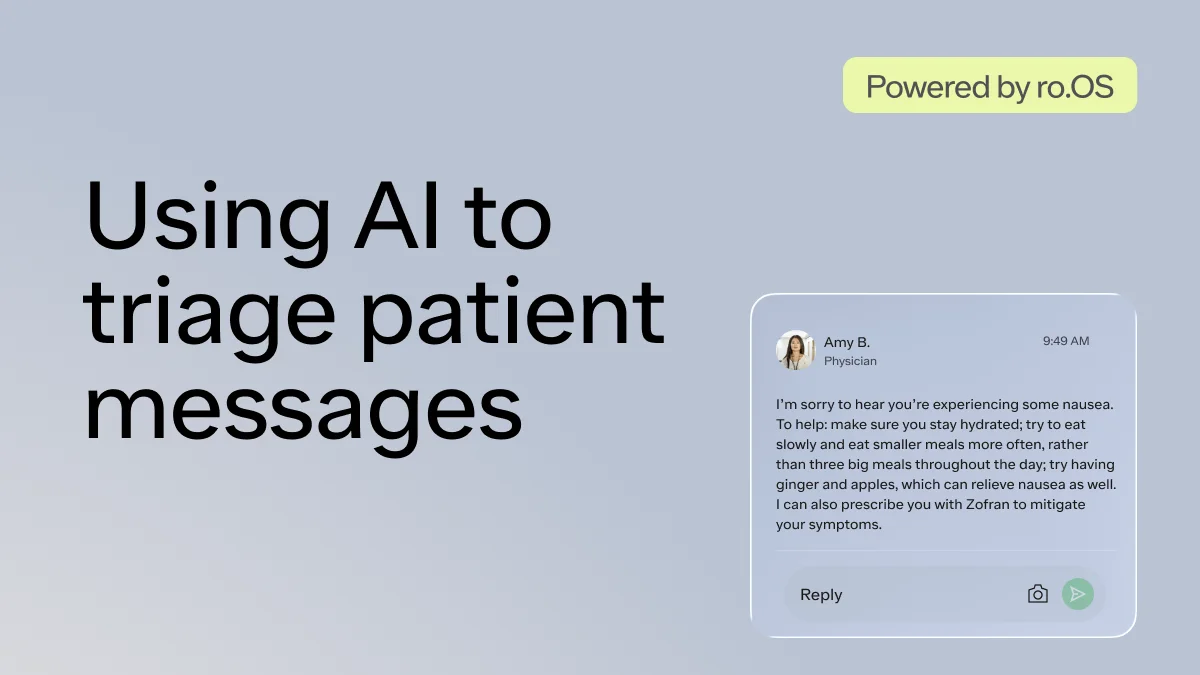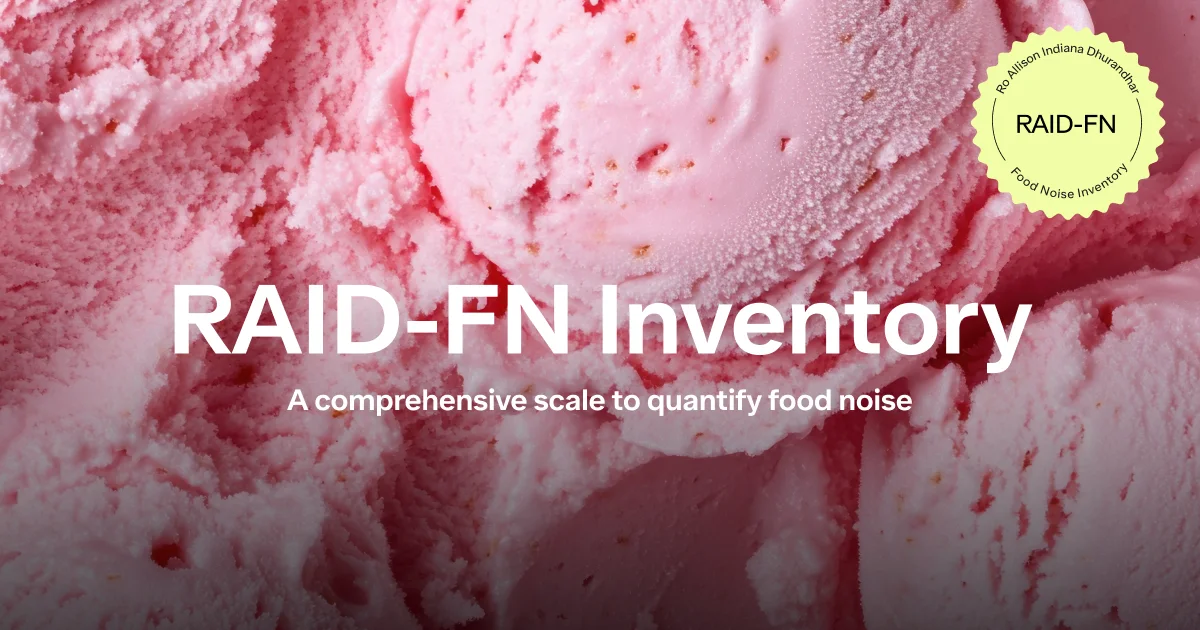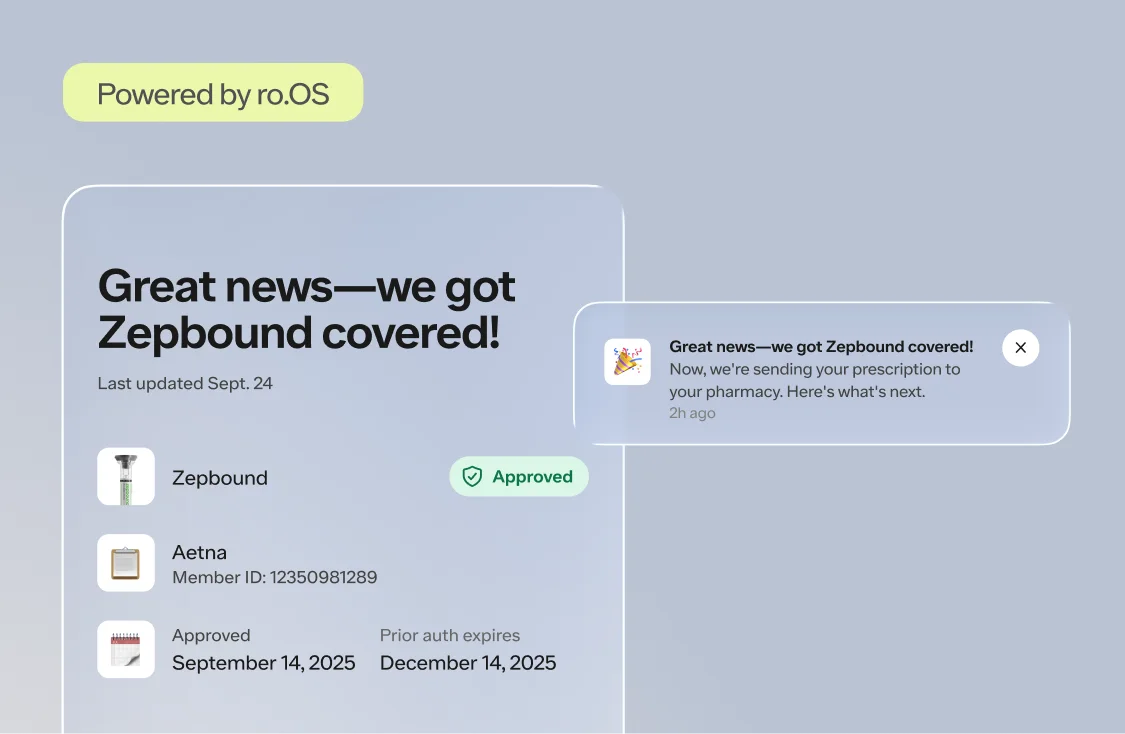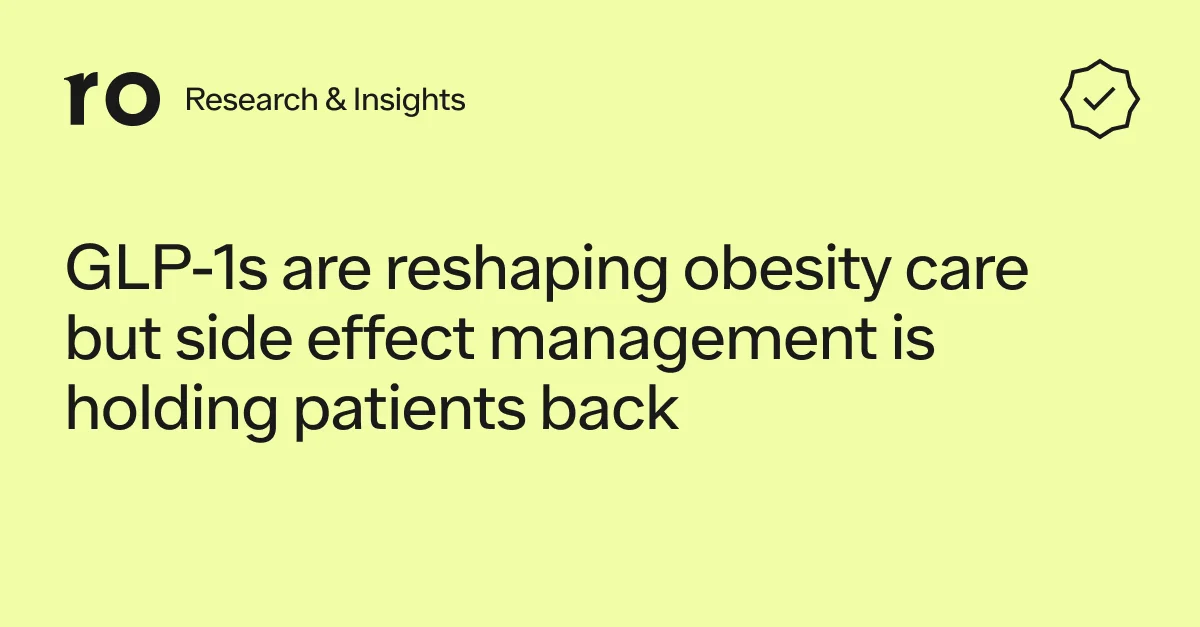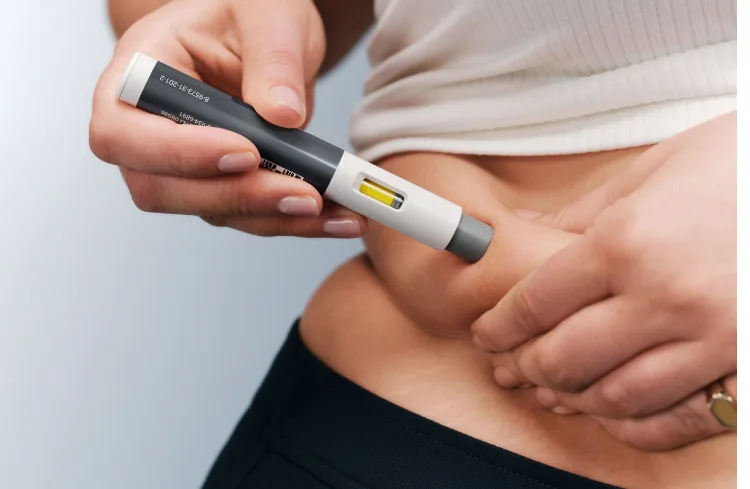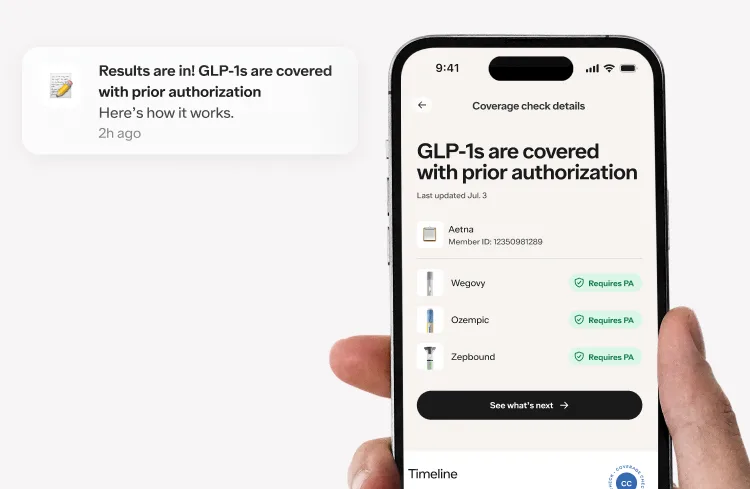Here's what we'll cover
Here's what we'll cover
Here's what we'll cover
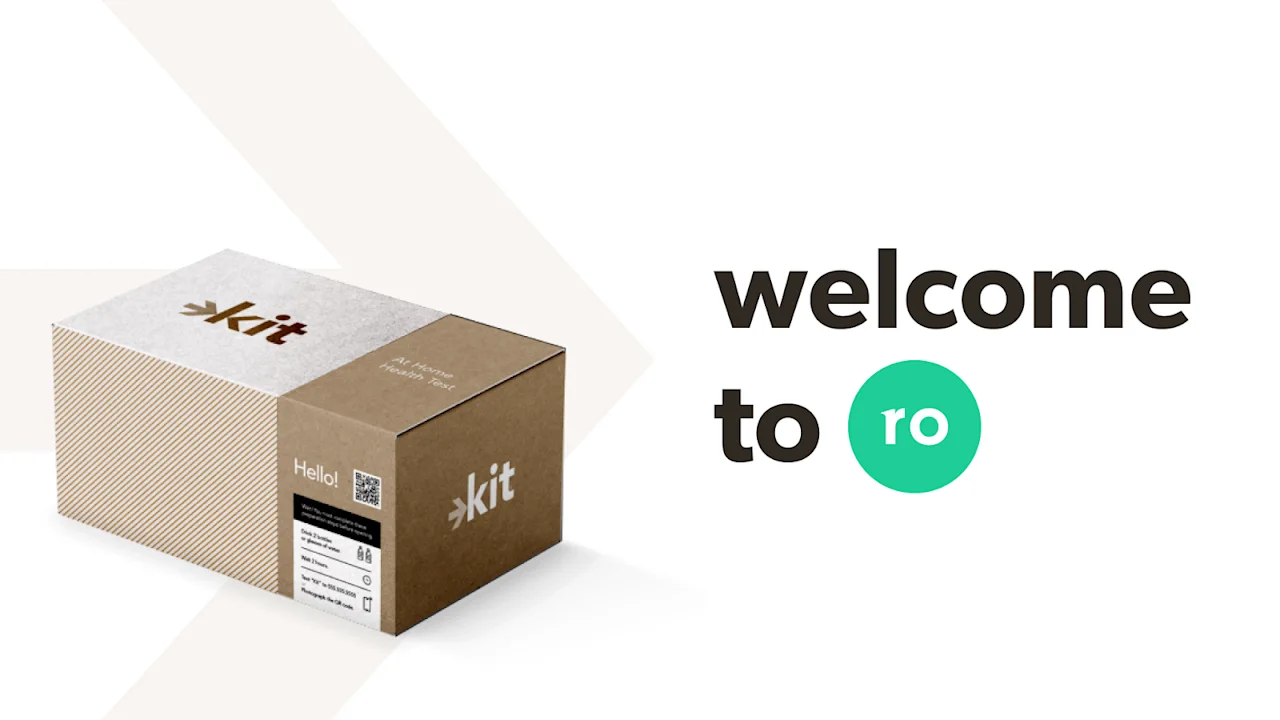
“I’ve wanted this to exist for 20 years.” This is what Philip Fung, Kit’s founder, said to me when I asked him why he started Kit. Both of Philip’s parents are lab technicians. He’s seen both the life changing power of diagnostics and the unfortunate limitations of the current system up close for decades. So four years ago, he set out to give everyone access to affordable, convenient, and high quality lab testing. Shortly thereafter, he and Erik Salazar joined forces and Kit was born.
Kit has created an at-home virtual exam room.
From a patient’s perspective, a Kit is shipped right to their door. When they open it, they will not be greeted by a cumbersome pamphlet with step by step instructions. Instead they will receive one instruction: download the Kit app. Once they open the Kit app, and enter their unique code, they are guided through the at-home collection process for the type of health data needed by their healthcare provider — from blood to saliva to blood pressure to weight. And at any time, a patient can press “help” and within seconds speak to a real human to support them through any part of the process. After all the appropriate steps have been taken, a patient puts the samples in the tamper proof packaging and ships it back to Kit’s own CLIA-certified and CAP-accredited lab — and within days, they receive a report with all of the results. Kit is completely vertically integrated.
When I used it for the first time, I felt like I was living in the future. Today, we’re joining forces.
As academics and health policy officials have studied our ability to impact population health at large, they often group our efforts into the “four Es”. They are, in order of efficacy: engineering, enforcement, encouragement, and education. Examples for engineering would be putting iodine in salt, vitamin B in bread, or vitamin D in milk — taking actions people are already taking and making them healthier. Ultimately, these are the types of inventions that have been the most effective in improving population health, when compared to enforcement (e.g., you can’t drink until you’re 21) or encouragement (e.g., take 10,000 steps and pay less in health insurance) or education (e.g., use a condom). The higher level takeaway is that while we can incentivize behavior change through a variety of tactics, the most effective way to have an impact on someone’s health is to engineer a solution that reduces the friction to doing so. At its core, that is what Kit has done. They have dramatically reduced the friction to collecting essential health data. It should come as no surprise that Philip, the 15th engineer to join Facebook and the son of lab technicians, took this approach to democratizing access to diagnostics.
Kit is a complete paradigm shift to the current status quo. No longer do you need to go into a doctor’s office for routine health data collection — you can do it all from the comfort of home. When you try Kit, you’ll notice it’s the little details that make it magical. Phil and Erik have painstakingly iterated on every single aspect of the patient experience. The fact that they include four lancets, three yellow and one blue (the blue one is to test on a small piece of grey foam for patients to overcome their fear of pricking their own finger). That they give you a heating pad to warm your fingers prior to pricking to make sample collection even easier. The fact that there are zero paper instructions. Every detail has been carefully thought through to reduce the friction for the patient to collect their health data.
What Kit has created on its own would have been enough to join forces. But what makes this partnership even more special is what Kit and Ro can do together. With Kit, we are adding another essential piece to our vertically integrated primary care platform.
There are three things we’re extremely excited about:
Integrating Kits directly into Ro’s platform to expand chronic and preventative care capabilities
Ro-affiliated providers will be able to order Kit diagnostic tests for patients directly through Ro’s platform, providing the objective health data necessary to inform high-quality care for a range of health conditions — from sexual health to chronic conditions like cholesterol, hypertension, and diabetes. Patients will be able to access and discuss their lab results with their provider anytime on Ro’s platform. This clinical data coupled with ongoing patient-provider engagement can help patients manage their health more effectively, detect health issues earlier, and improve their health outcomes. Hello, preventative care.
Enabling other healthcare companies to continue to use Kit
Kit will continue to operate independently and serve its existing customers. If you signed up for a life insurance policy in the last 12 months, there is a chance you were able to skip the doctor’s office and collect all of the data needed to underwrite your policy from home because of Kit. As we said when we acquired Workpath, it’s impossible for all of the innovation in healthcare to come from one company. We want to be a part of unlocking the next generation of innovative healthcare companies. Kit will continue to build for life insurers, health insurers, wellness companies, self-insured employers, clinical trial operators, and telehealth companies.
One Diagnostics API for everyone
In time, we will integrate Kit and Workpath, our on-demand, in-home care and diagnostic services API. This will create a single diagnostics API where any healthcare company will be able to make a single API call and collect any piece of biometric data needed in the most convenient way for patients and the most clinically rigorous for providers. This could be a blood assay, saliva sample, blood pressure reading, or weight measurement that can be done at home, or a full venous blood draw or skilled nurse visit that is best done by a provider in the patient’s home. In the future, this could include in-home vaccinations or imaging. We want to unlock as much care through our shared infrastructure as possible.
— —
Most importantly, just like with Workpath, we are also publicly committing to the following three Governing Principles:
1. Parity of service
Access: Ro has no ability to block or limit any customer’s access to Kit for competitive reasons
Pricing: Ro pricing on Kit consistent with other customers of comparable scale and strategic importance.
2. Confidentiality of patient data
Ro has no access to any customer’s patient data.
3. Confidentiality of customer data
Ro can access who is using Kit, but not how individual customers are using it
Ro has no access to customer-level metrics outside of total volume, revenue, and contribution profit on Kit (except for audit purposes on a strictly as-needed basis).
Ro’s mission is to build a patient-centric healthcare system, and Ro’s acquisition of Kit is an important step in bringing that future into reality. We couldn’t be more excited to welcome Kit to Ro.



